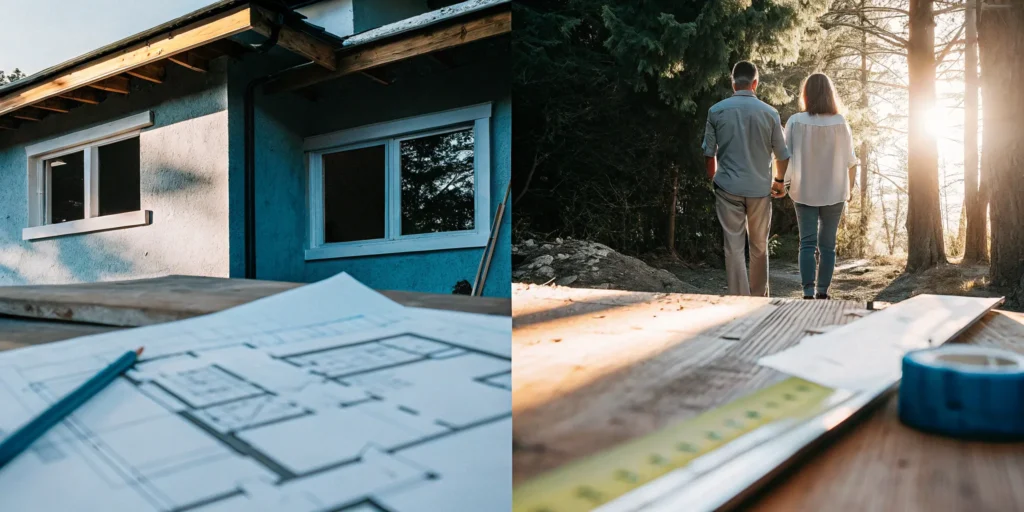Your Guide to Bank Statement Loan Requirements
Get clear answers on bank statement loan requirements, including credit score, down payment, and documents you’ll need as a self-employed homebuyer.
Your Guide to Bank Statement Loan Requirements Read More »











